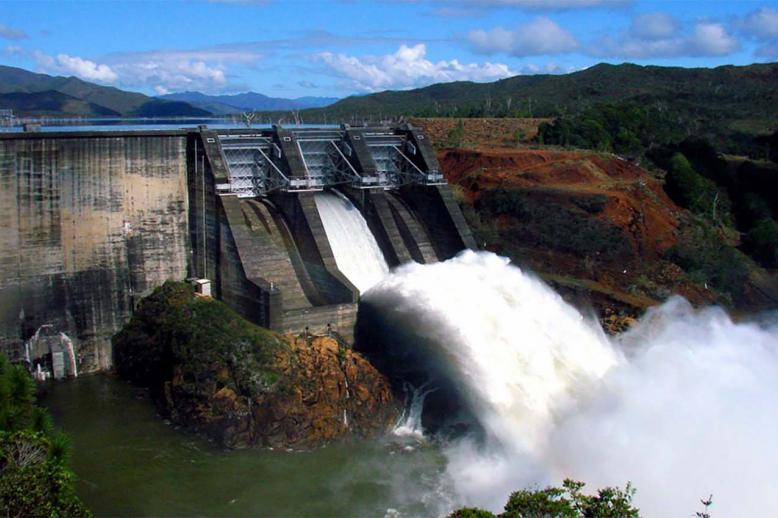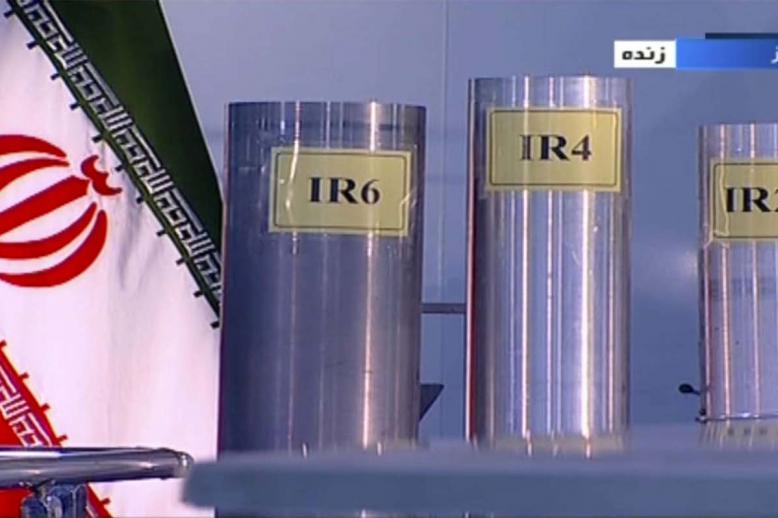How Turkey’s nationalists upstaged Erdogan
As is well known and widely acknowledged, Turkish President Recep Tayyip Erdogan has mastered the skill of political multitasking. He can work effectively on several different fronts at the same time. He is helped by an extremely pragmatic approach to challenges and an instinct for survival. If luck is a factor, it’s helped him, too.
While the world watched Erdogan juggle balls in the Khashoggi affair, a key development failed to get the attention it deserves. A domestic element amid the unprecedented drama of the killing of Saudi journalist Jamal Khashoggi in the Saudi Consulate in Istanbul has been added to Erdogan’s challenges. It threatens his hold on power in the long run because local elections are due next March.
On the day that Erdogan promised the “naked truth” about Khashoggi’s death, his political ally Devlet Bahceli tried to steal the show by throwing a political hand grenade.
The leader of the ultra-nationalist Nationalist Movement Party (MHP) took the floor in parliament before Erdogan. Bahceli declared he was ending efforts to nominate mayoral candidates in accordance with the People’s Alliance, which joined Erdogan’s Justice and Development Party (AKP) with the MHP in last June’s national elections. The parties constitute a historic Islamist-nationalist bloc of 340 members in the 600-seat parliament.
It was this alliance that had given confidence to all the forces battling secular parties, not least the main opposition Republican People’s Party and, most of all, the People’s Democratic Party (HDP). The HDP has 65 seats, which is not an unremarkable number considering the level of oppression it has faced.
No wonder the opposition smelt blood after Bahceli’s we-shall-go-it-alone-in-local-elections speech. Quick to declare the end of the AKP-MHP alliance, it started to prematurely speak of victory.
Even so, what followed Bahceli’s announcement was significant. There was a war of words between the AKP and MHP. They levelled threats and insults at each other. What was happening?
Bahceli is not just any politician. Sources who have spent time with his inner circle say, in confidence, there is always a “deep reason” behind his actions. Decode “deep reason” and it’s clear Bahceli acts in the way the bureaucracy thinks.
So, he may have detected that Erdogan is weaker, not so much with voters as with those who staff various administrative bodies. Also, the slow-motion economic avalanche will damage the AKP and its cadres and Bahceli may have evidence of the rise of Turkish nationalism.
The massive purge of mainly Gulenists and left-leaning secularists from the bureaucracy, military and judiciary after the attempted 2016 coup inevitably led to the preferment and promotion of hard-line nationalists. The replacements possibly embolden those who support Bahceli and his party.
If this is a trend, it means Erdogan is in trouble. Being far-sighted, he sees it. Therefore, he has trod carefully since Bahceli’s declaration, attempting to emphasise that while the alliance could be in question at the local level, the national People’s Alliance bloc will persist. In other words, Turkey’s president was sending a message that he has until March to juggle more balls and emerge a winner, yet again.
There are pros and cons in the argument. Erdogan has rebuilt the AKP in his image and turned it into a machine to keep him solidly in power. It is also clear from surveys that Erdogan is more popular than his party. He controls the media, the judiciary, the military and, most crucially, the crowds. His supporters are mesmerised by him.
Even so, a fierce, aggressive, irredentist type of Turkish nationalism is gaining ground. This is not in Erdogan’s favour and the irony is that he himself opened the gates to the nationalists.
Turkish society, trapped between two oppressive ideologies, is starting to veer away from Islamism and towards pan-Turkism. At best, Erdogan will have to adopt some of the ultra-nationalists’ agenda and the local elections will be about the further consolidation of the Turco-Islamic synthesis.
Yavuz Baydar is a senior Turkish columnist, and news analyst. A founding member of the Platform for Independent Journalism (P24) in Istanbul, he has been reporting on Turkey and monitoring media issues since 1980. A European Press Prize Laureate in 2014, he is also the winner of Germany's 'Journalistenpreis' in 2018.
This article was originally published in The Arab Weekly.







